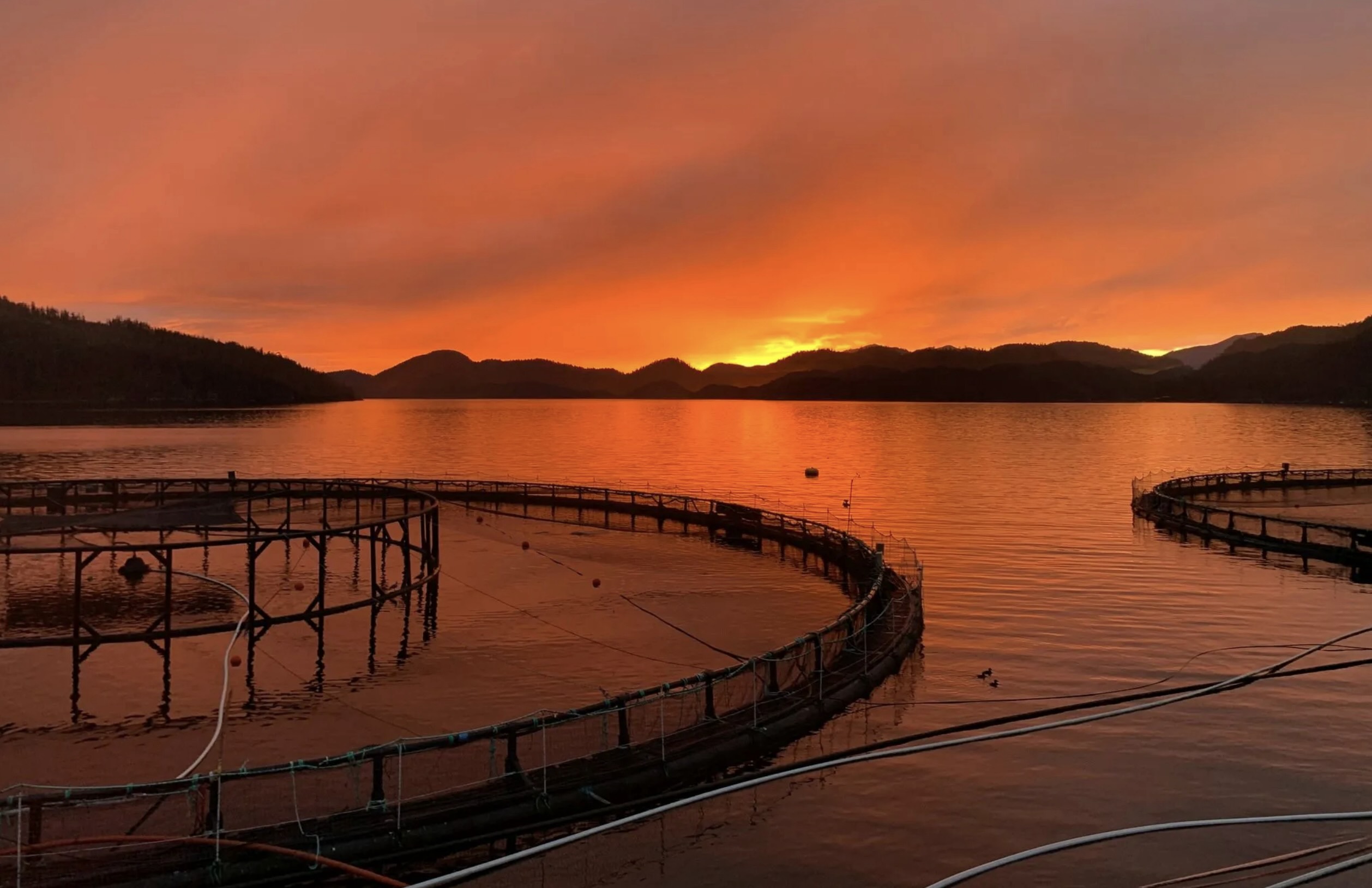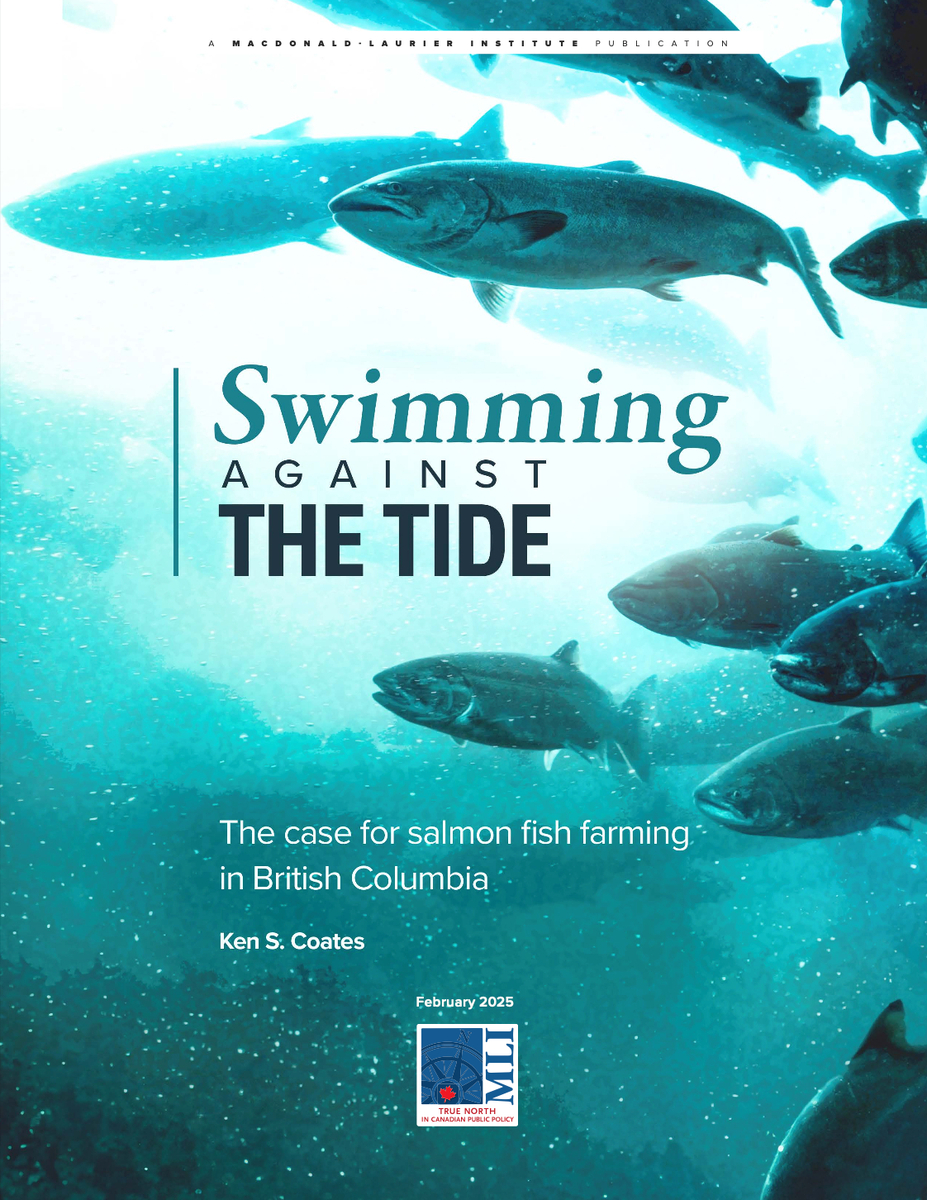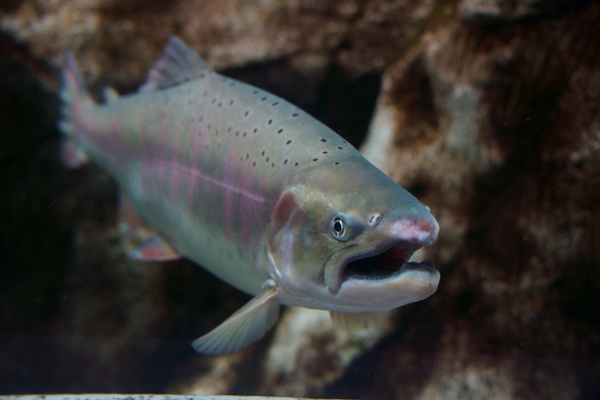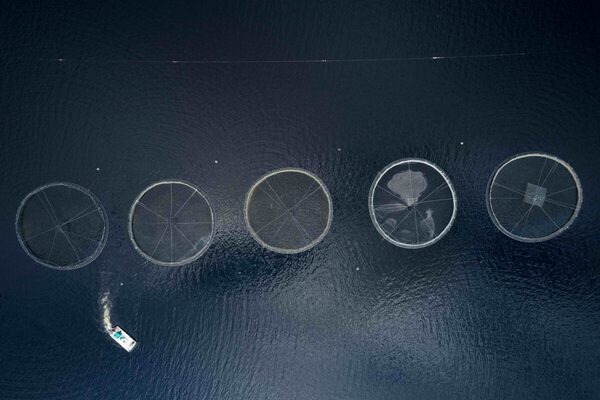Independent report slams Ottawa’s British Columbia fish farm ban
The Canadian federal government’s decision to ban open-net salmon farming in British Columbia by 2029 is a politically driven policy that will devastate rural communities, undermine Indigenous rights, and fail to restore wild salmon populations. That’s the stark message in a report from one of the country’s leading think tanks.

The report’s author is Ken Coates, a Distinguished Fellow and Director of Indigenous Affairs at the Macdonald-Laurier Institute (MLI), based in Ottawa. The MLI is a national public policy think tank based in Ottawa. It aims to be rigorously independent and non-partisan.
The report, Swimming Against the Tide: The case for salmon fish farming in British Columbia, highlights how the ban, driven by activist pressure rather than scientific evidence, will eliminate thousands of jobs, disrupt local economies, and erase a vital industry that supplies sustainable seafood to Canada and global markets. Fisheries and Oceans Canada’s own research has not found conclusive evidence that salmon farms harm wild stocks.
The consequences will be severe, the report says, noting that First Nations communities that have partnered with the salmon farming industry will face significant economic hardship. Many Indigenous groups have embraced aquaculture as a path to prosperity, yet the government’s ban disregards their autonomy and economic self-determination.
“Those First Nations that support and engage with the salmon farming industry assert that they have the right to determine the use of their waters,” writes Coates. “They respect, in full, the right of other First Nations to reject the placement of fish farms in their territories and expect the same respect and autonomy in return."

Rather than banning salmon farming, the report calls for:
- Science-based policy-making that follows peer-reviewed research rather than activist campaigns.
- Investment in real conservation efforts to tackle wild salmon decline, including habitat restoration and stronger regulation of Alaskan overfishing.
- Support for aquaculture innovation, ensuring Canada remains competitive in global seafood markets.
“Canada and British Columbia have indicated their commitment to UNDRIP, but they have stopped well short of recognizing the full implications of First Nations autonomy,” Coates argues. “The salmon farming issue provides an excellent opportunity to test the government’s commitment to Indigenous rights.”
The MLI report stresses that countries like Norway, Scotland, and Chile have strengthened regulations and invested in new technology without banning fish farms.
The Institute said: “Canada is taking the wrong path, risking its position as a leader in sustainable aquaculture.
“The federal government must reconsider its approach before irreversible damage is done.”





